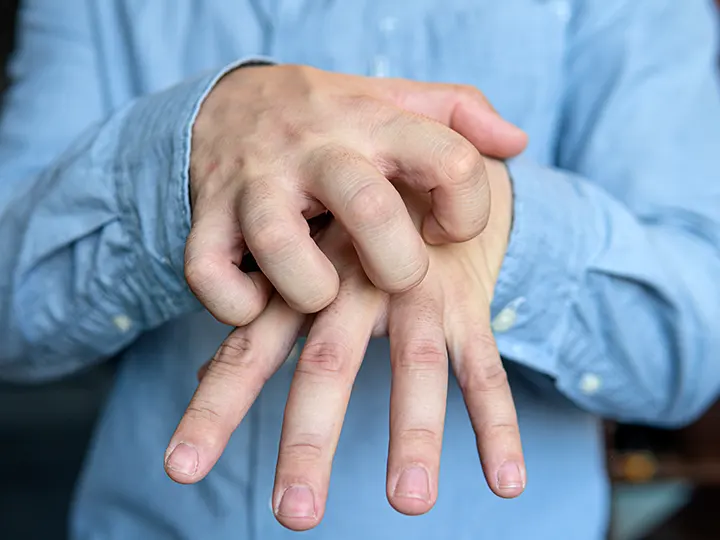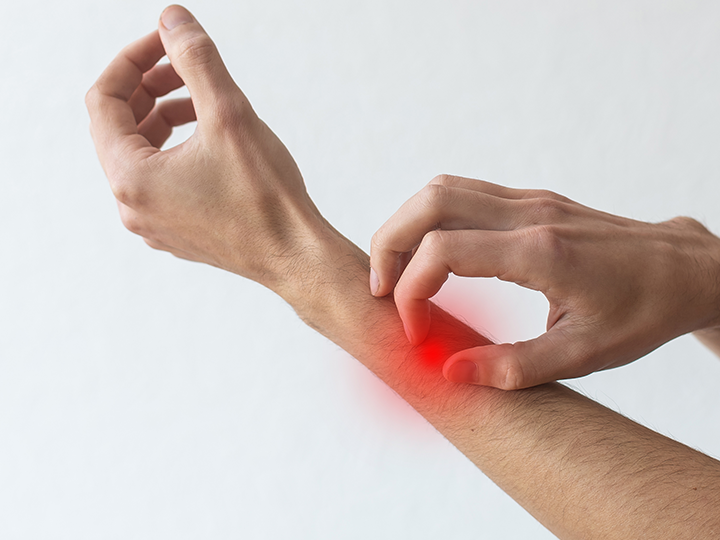
Why do People Itch?
Itching, also known as pruritus, is a common sensation that affects people of all ages. It is characterized by an uncomfortable, irritating feeling that prompts the urge to scratch. While itching can be a minor inconvenience, it can also be a sign of a more serious underlying condition, so it is important to understand why it occurs and what can be done to relieve it.
One of the most common causes of itching is skin irritation. This can be caused by a variety of factors, such as exposure to harsh chemicals, insect bites, or even certain types of clothing. When the skin comes into contact with an irritant, it sends a signal to the brain that triggers the itching sensation. This is the body's way of trying to remove the irritant from the skin and prevent further damage.
Another common cause of itching is dry skin. When the skin becomes dehydrated, it can become itchy and flaky. This is because the skin's protective barrier is weakened, allowing irritants to penetrate more easily. People who suffer from dry skin may find that their itching is worse in the winter months when the air is dry and cold.
Infections and skin conditions, such as eczema, psoriasis, and scabies, can also cause itching. These conditions can cause inflammation and irritation of the skin, leading to itching and scratching. In some cases, itching can also be a symptom of an internal condition, such as liver disease, kidney disease, or iron-deficiency anemia.

Allergies can also cause itching. People who have allergies to certain substances, such as pollen, pet dander, or certain foods, may experience itching when they come into contact with these allergens. In some cases, itching may be accompanied by other symptoms, such as hives, redness, or swelling.
Itching can also be a side effect of certain medications. For example, some chemotherapy drugs can cause itching, as well as other skin-related side effects. In these cases, the itching may be a result of the medication affecting the skin or nerve endings in the skin.
In some cases, itching may have no clear cause. This is known as idiopathic itching, and it can be difficult to treat. People who suffer from idiopathic itching may find that certain triggers, such as stress or fatigue, make their itching worse.
In conclusion, itching can be caused by a variety of factors, including skin irritation, dry skin, infections and skin conditions, allergies, medication side effects, and idiopathic itching. If your itching is persistent or accompanied by other symptoms, it is important to speak to your doctor to determine the underlying cause and receive appropriate treatment. Treatment options may include topical creams, antihistamines, or light therapy, depending on the cause of the itching. By understanding the reasons behind itching, you can take steps to relieve the discomfort and improve your quality of life.
